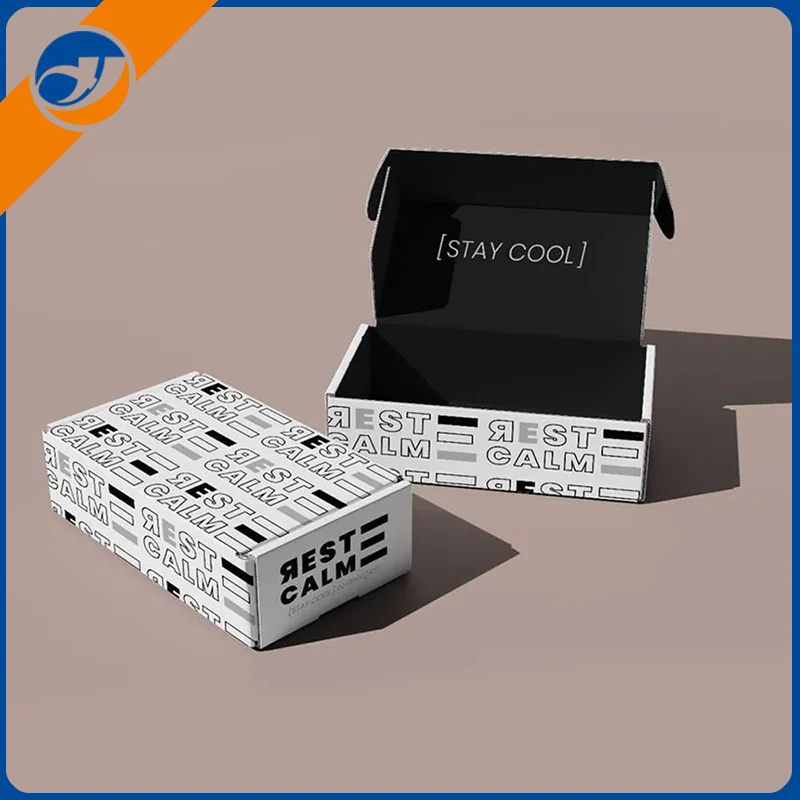Understanding Airplane Boxes: A Secure and Efficient Solution for Air Transport
2025-02-13
The transportation of goods via air requires specialized packaging to ensure safety, efficiency, and compliance with industry regulations. One of the essential components of air cargo logistics is the airplane box—a durable and secure container designed to protect shipments during air travel. In this blog, we’ll explore the purpose, features, and benefits of airplane boxes, as well as their applications in various industries.
What is an Airplane Box?
An airplane box is a specialized shipping container used for transporting goods via aircraft. These boxes are designed to withstand the high-altitude pressure changes, turbulence, and handling conditions typical of air transport. They come in various sizes, materials, and configurations to accommodate different types of cargo, from fragile electronics to perishable food products.
Key Features of Airplane Boxes
1. Durable Construction
Airplane boxes are typically made from high-strength materials such as aluminum, composite plastics, or reinforced cardboard. These materials ensure the boxes can endure extreme conditions without compromising the integrity of the cargo.
2. Lightweight Design
Weight plays a crucial role in air transport costs, making lightweight materials an essential factor in airplane box construction. Manufacturers strive to strike a balance between durability and minimal weight to maximize cost-effectiveness.
3. Compliance with Aviation Regulations
Airplane boxes must adhere to strict international aviation guidelines, including those set by the International Air Transport Association (IATA). Compliance ensures that shipments meet safety standards and avoid delays in transport.
4. Customizable Options
Many airplane boxes are customizable to fit specific cargo needs. They can be designed with compartments, insulation for temperature-sensitive goods, and security features for high-value items.
5. Security and Tamper Resistance
To protect against theft and damage, airplane boxes often feature locking mechanisms, tamper-evident seals, and reinforced edges. These enhancements help maintain the integrity of shipments during transit.
Applications of Airplane Boxes
Airplane boxes serve various industries by ensuring the safe transport of goods. Some common applications include:
- Pharmaceuticals and Medical Supplies: Ensuring temperature-sensitive medications and medical equipment reach their destination safely.
- Electronics: Protecting fragile components and high-value devices from impact and pressure changes.
- E-commerce and Retail: Safeguarding consumer goods shipped across international borders.
- Food and Perishables: Maintaining optimal conditions for fresh produce, seafood, and other perishable items.
- Automotive and Aerospace Parts: Transporting critical components for assembly and maintenance operations worldwide.
Benefits of Using Airplane Boxes
- Enhanced Cargo Protection: Minimizes the risk of damage during transit.
- Improved Efficiency: Facilitates faster handling and transportation of goods.
- Regulatory Compliance: Meets international air cargo standards.
- Cost Savings: Reduces losses due to damaged goods and delays.
- Sustainability: Many airplane boxes are designed for reuse and recyclability, reducing environmental impact.
Airplane boxes are a crucial part of air freight logistics, providing secure and efficient transport solutions for various industries. By selecting the right airplane box for your cargo needs, businesses can ensure smooth and reliable delivery of goods across the globe. Investing in high-quality, regulation-compliant packaging is key to maintaining supply chain integrity and customer satisfaction.



